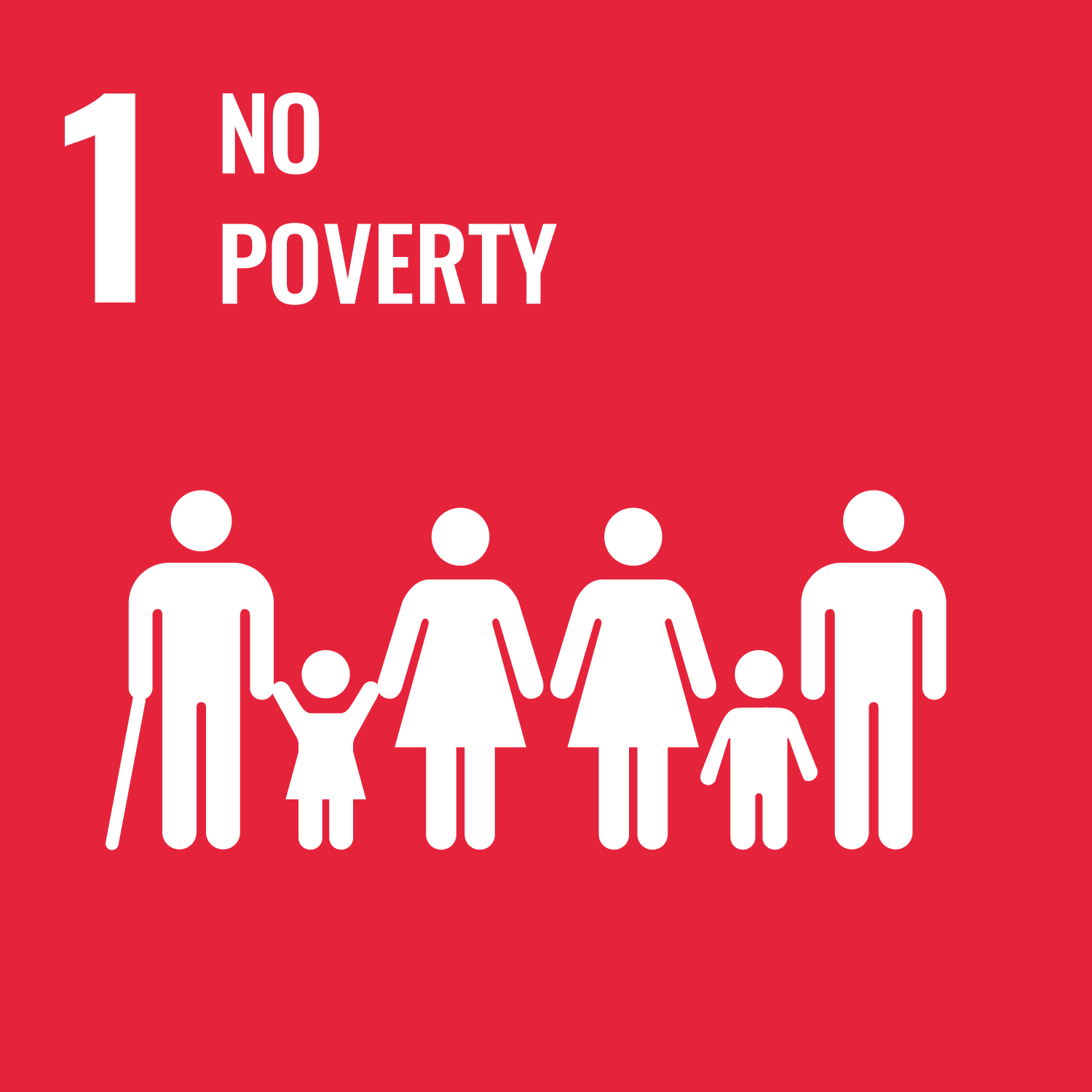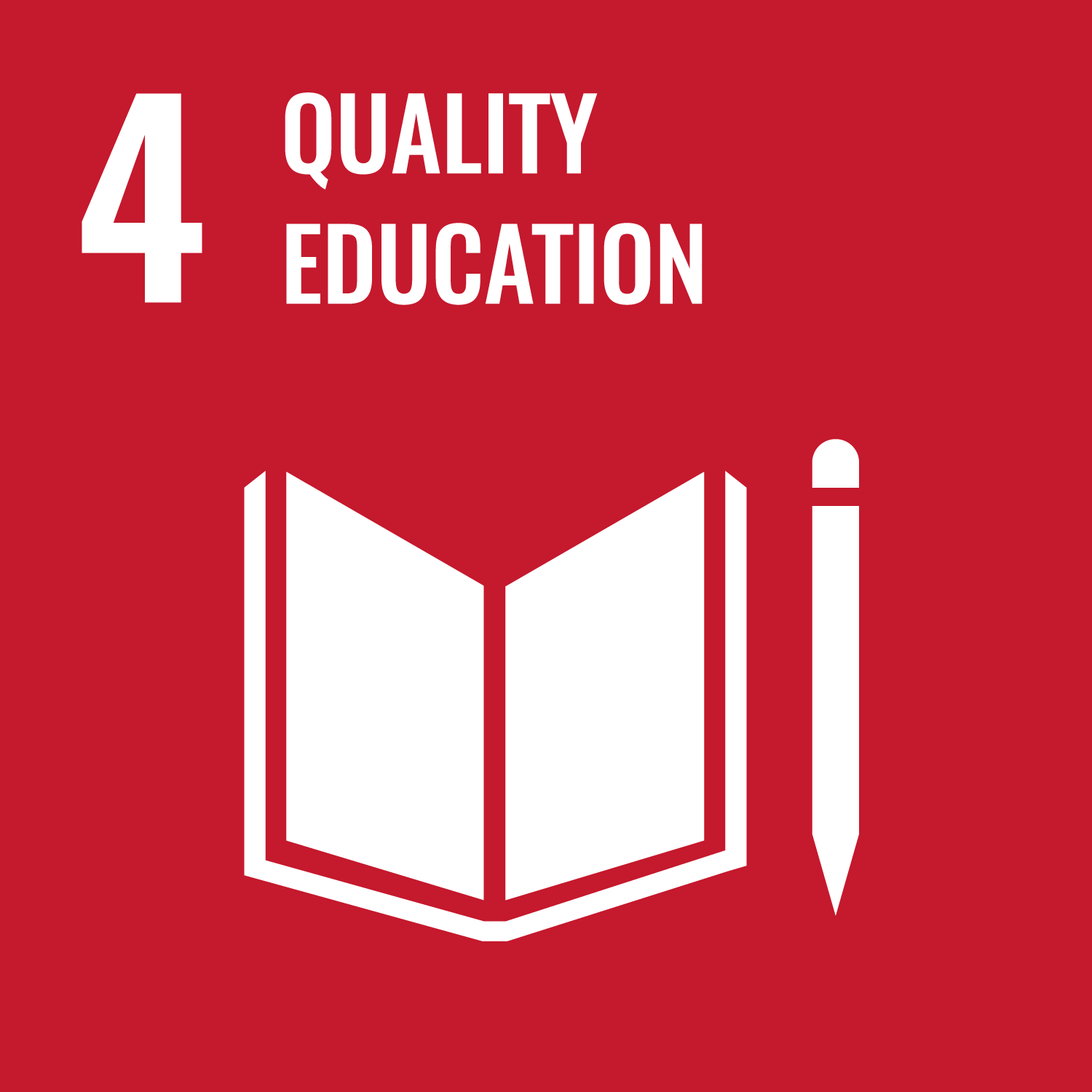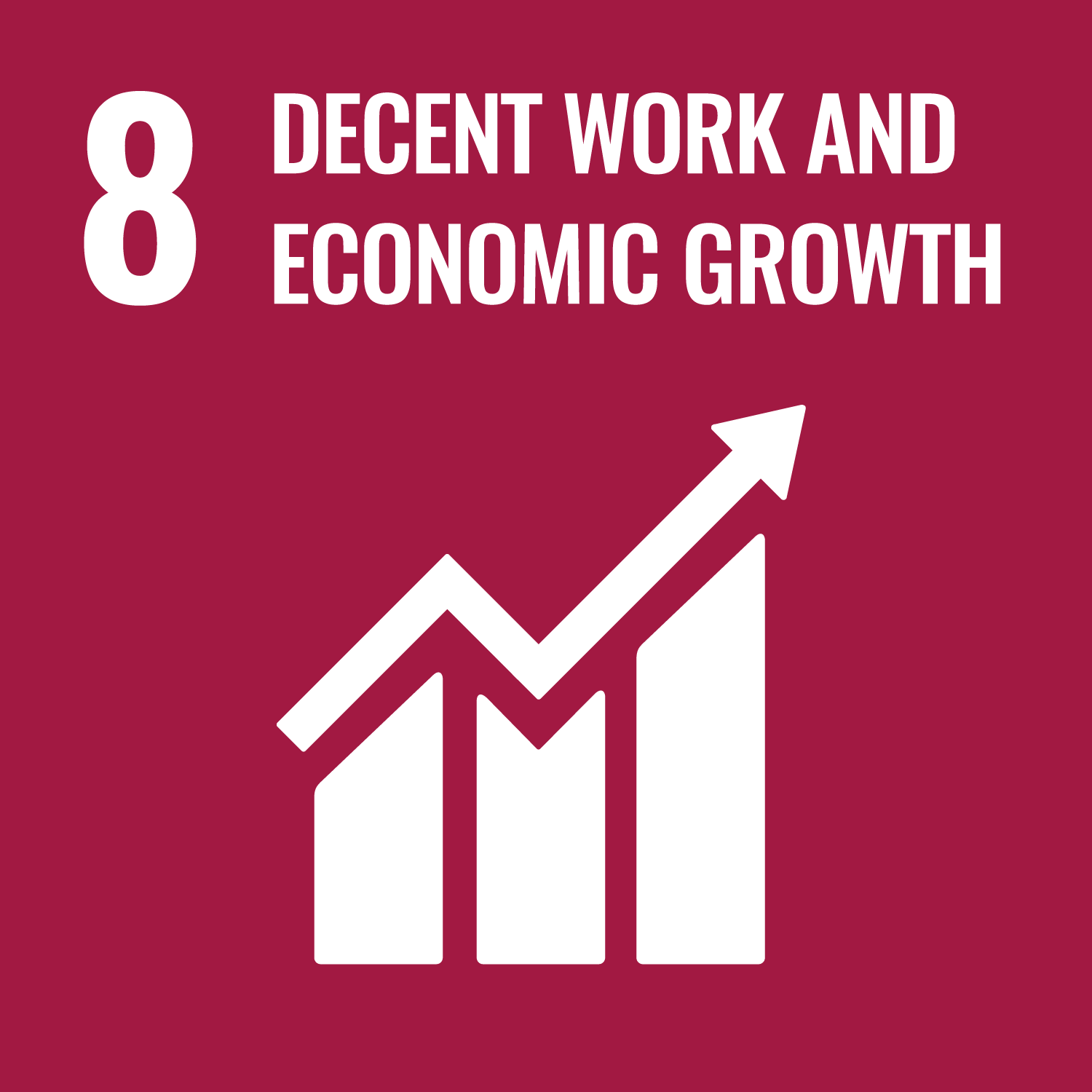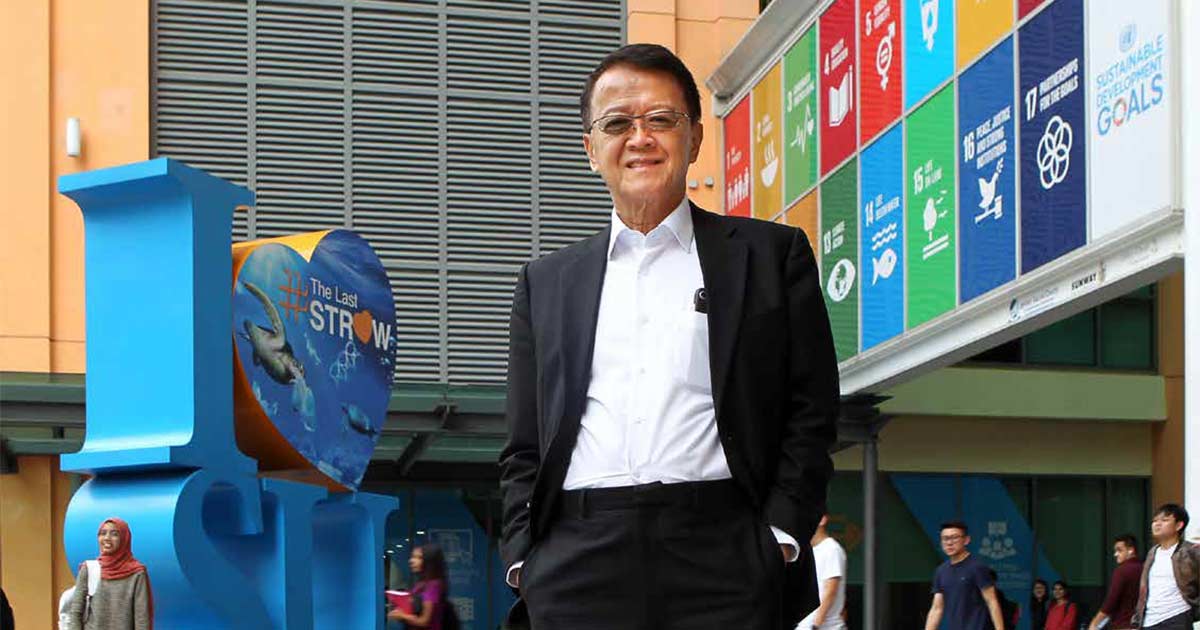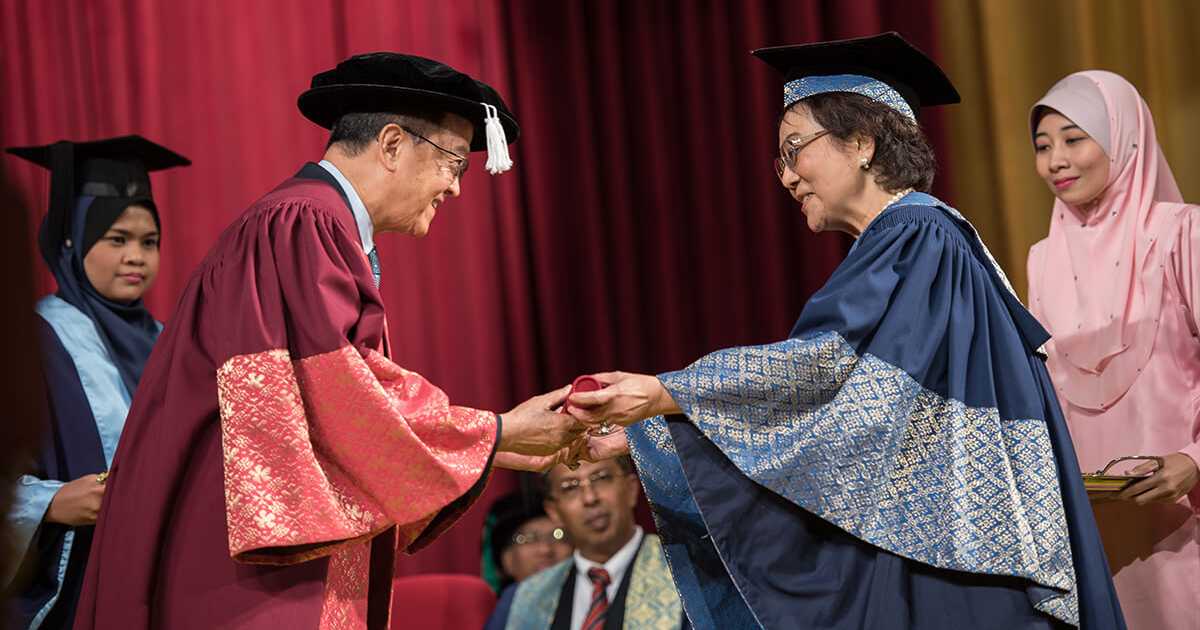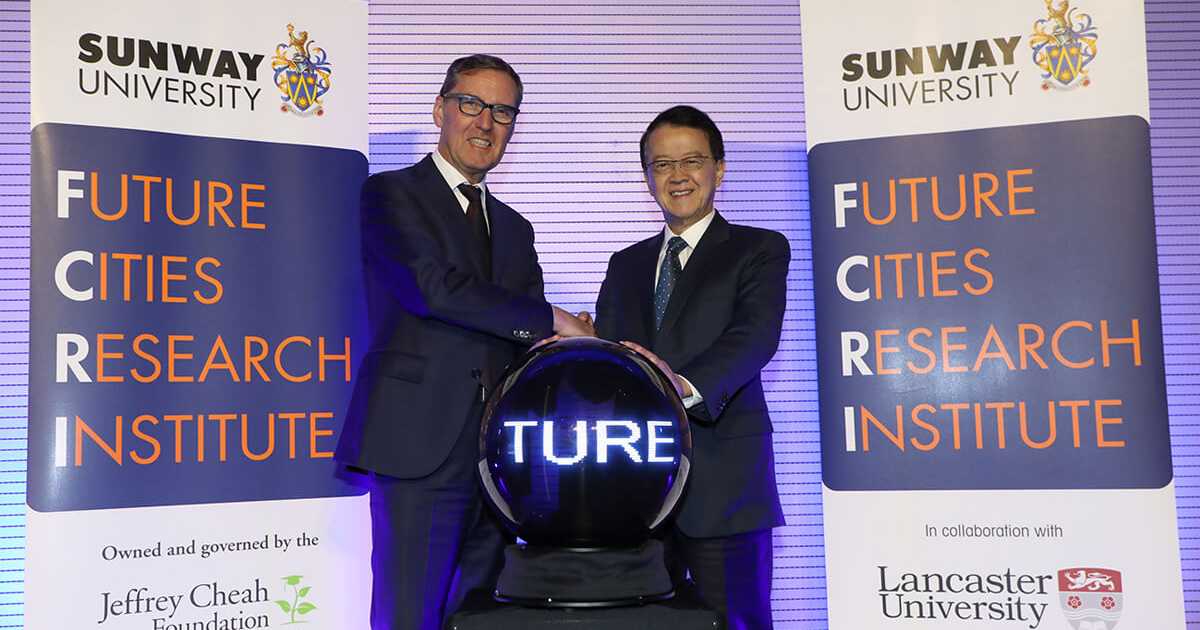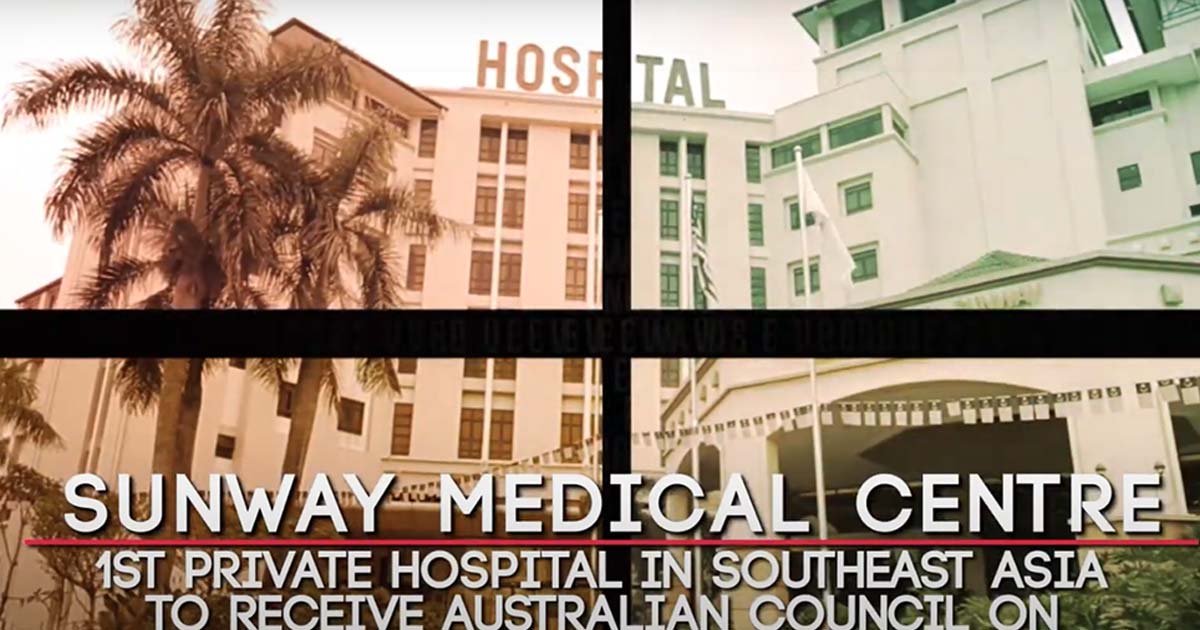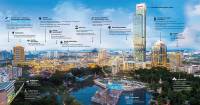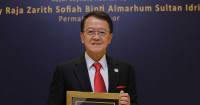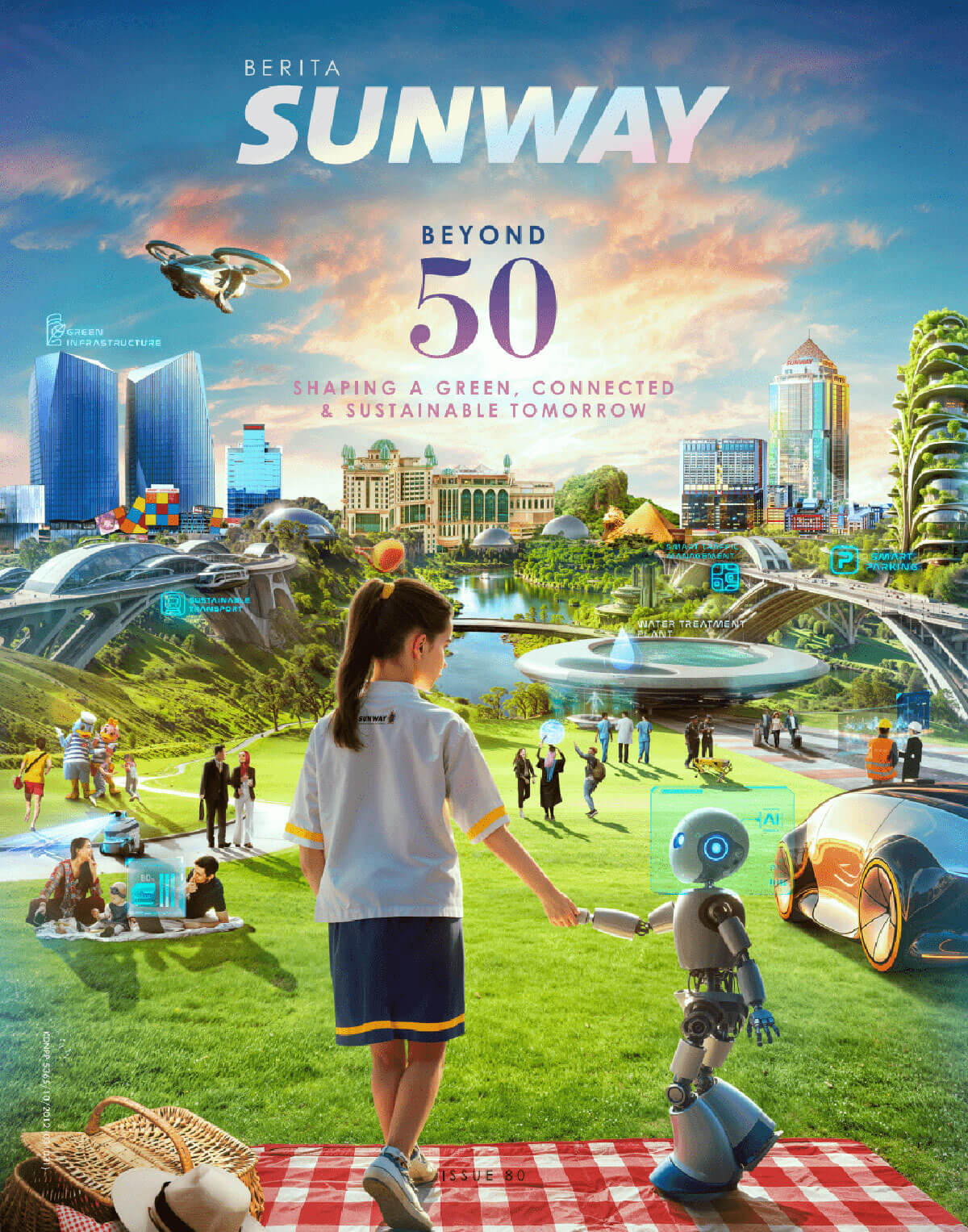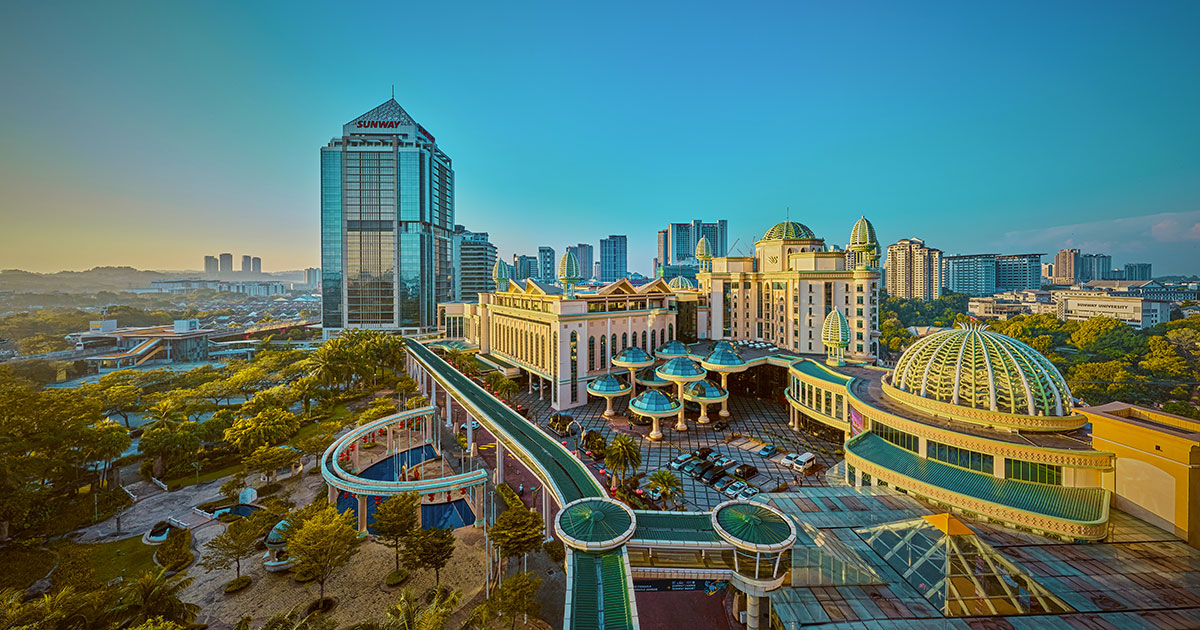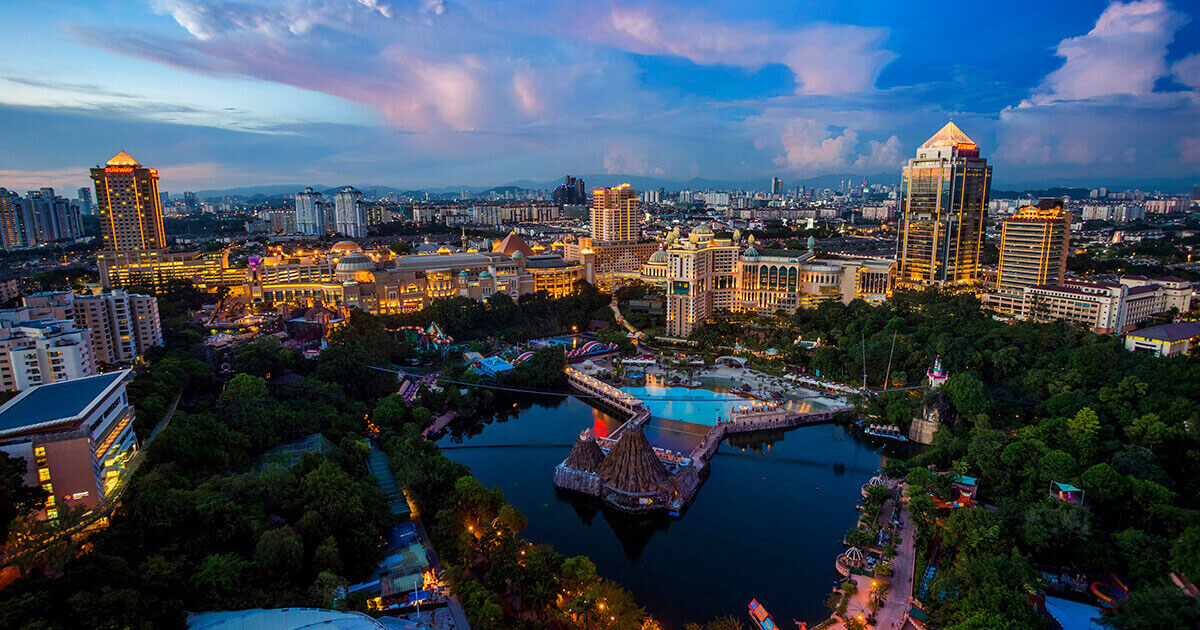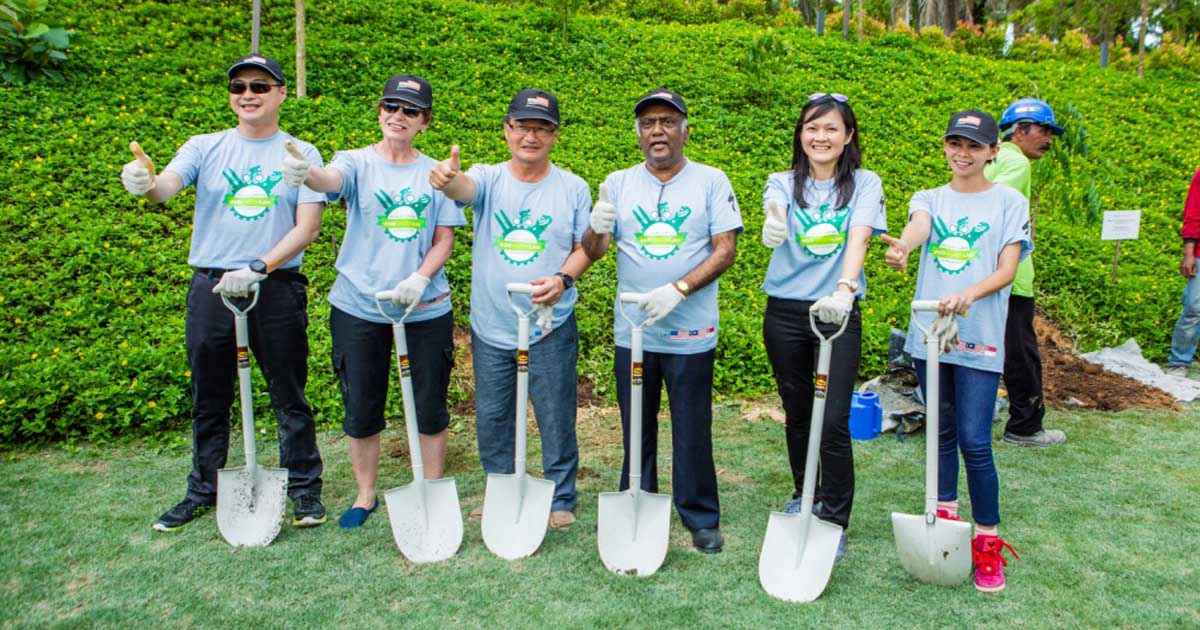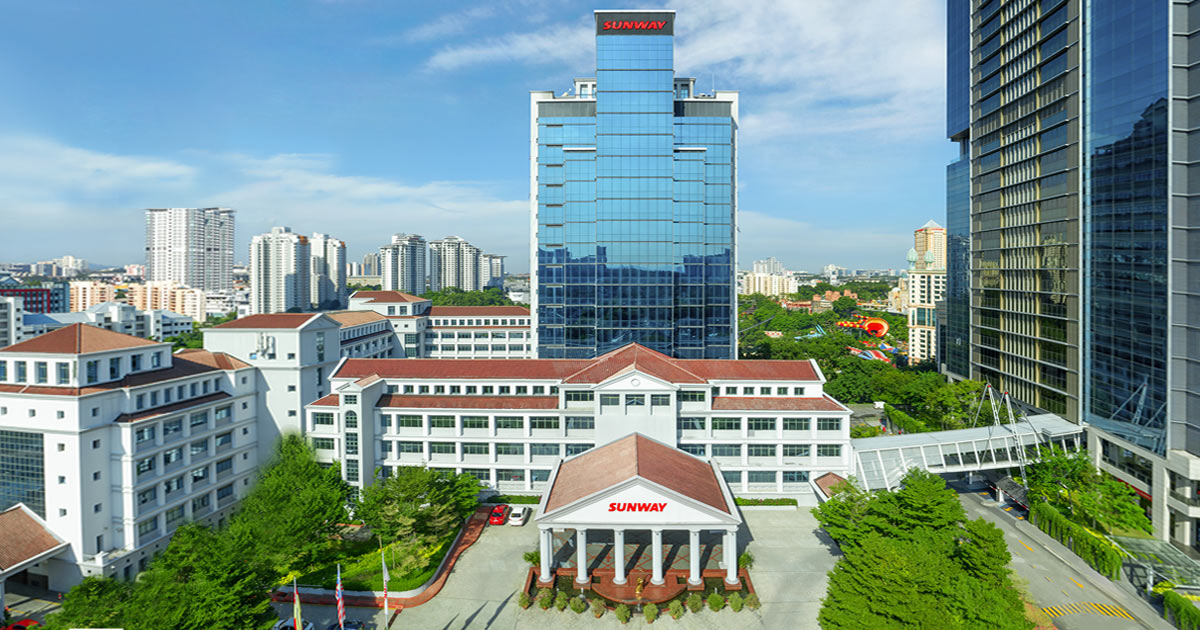Education reform for a sustainable future
Reforming the education sector is no longer a choice; it is the only way forward
— Tan Sri Sir Jeffrey Cheah.
If your plan is for one year, plant rice.
If your plan is for 10 years, plant trees.
If your plan is for 100 years, educate children.
— Attributed to Confucius.
I am firmly convinced that education offers the best route out of poverty, a conviction I came to in my days growing up in a small town called Pusing, Perak. I witnessed the impact of poverty on families and how it closed off avenues for advancement, especially in education, for many of my childhood friends.
Reflecting on global trends, I wonder whether our largely analogue-era education system in Malaysia is adequately preparing our children for the digital age. In fact, the World Economic Forum says 65% of children entering primary school today will eventually work in jobs that do not even exist now.
How do we prepare our younger generation for an uncertain future in a rapidly changing world? For a start, let’s acknowledge that re-examining how we teach, what we teach and where we teach is no longer an option, but an urgent imperative.
In a future expected to be dominated by robots and artificial intelligence — I believe and share the views of US educationist Joseph E Aoun that — we must shift our focus in education from instilling “mental furniture”, or bodies of knowledge, to promoting “mental architecture”, or mindsets trained to advance cognitive capacities such as critical thinking, systems thinking, entrepreneurship and cultural agility.
Second, in a world where knowledge is easily and instantaneously available, the concept of life-long learning takes on new meaning. Education does not end with graduation and a scroll. Indeed, according to futurist Alvin Toffler: “The illiterates of the 21st century will not be those who cannot read and write, but those who cannot learn, unlearn, and relearn.”
The World Economic Forum says 65% of children entering primary school today will work in jobs that do not exist now
Hence, it is crucial that we design an education system that teaches our children to nurture their imagination and curiosity. That helps them inculcate the mindset and habits of life-long learning.
Just observe two-year-olds as they begin to display natural curiosity. Now, fast-forward two decades and many of these children would be leaving university with their curiosity and imagination all but quashed by a system designed to promote conformity and standardisation (vital for the Industrial Age).
But imagination, curiosity and creativity are exactly the type of traits that are crucial for us in the age of machines. These are what set humans apart and give us the upper hand over machines and these skills are the province of the arts and humanities. Thus, we need an education system that moves from STEM (Science, Technology, Engineering and Mathematics) to STREAM (Science, Technology, Reading and writing, Engineering, Arts and Mathematics).
Apart from that, there is a need to nurture qualities such as leadership, passion, teamwork and inclusiveness. Inclusiveness in Malaysia and Asia is especially important due to our diversity and genetic makeup. These attributes are increasingly cited by companies as what they are looking for in hiring talents.
The sports arena provides an ideal crucible to forge these character traits. We need a higher emphasis on sports and in this context, it is disappointing to note the number of padang (playing fields) that are disappearing on our shores.
In short, we need a system that takes into account not just the changes in our economic, social and technological landscapes, but one that is designed to rewire the brains of our younger generation. That would include experimenting not only with the curricula but also classroom design, the role of teachers, the family environment and making quality education accessible and affordable. In other words, we need a holistic approach and a comprehensive reform agenda.
Third, I fully support the call by Prime Minister Tun Dr Mahathir Mohamad for our education system to encompass the teaching and instilling of good values in our youth. It is often said that character is destiny. And character is shaped by the values we adopt and inculcate.
What are some of these values that we can impress on our young? Well, at Sunway, our core values are integrity, humility and excellence. Add to those other values such as tolerance, compassion, empathy, gratitude, courtesy, respect and a disciplined work ethic.
This is particularly relevant at this moment in time. Over the last 200 years, the world has enjoyed great economic growth. This progress and prosperity are remarkable, but they have come at a cost. We are now struggling to cope with the social, environmental and economic challenges that growth has brought in its wake.
We are testing the finite limits of the planet’s ecological system. And rising inequality and widening wealth disparity threaten to undermine the structure of our societies and the cohesion of our communities.
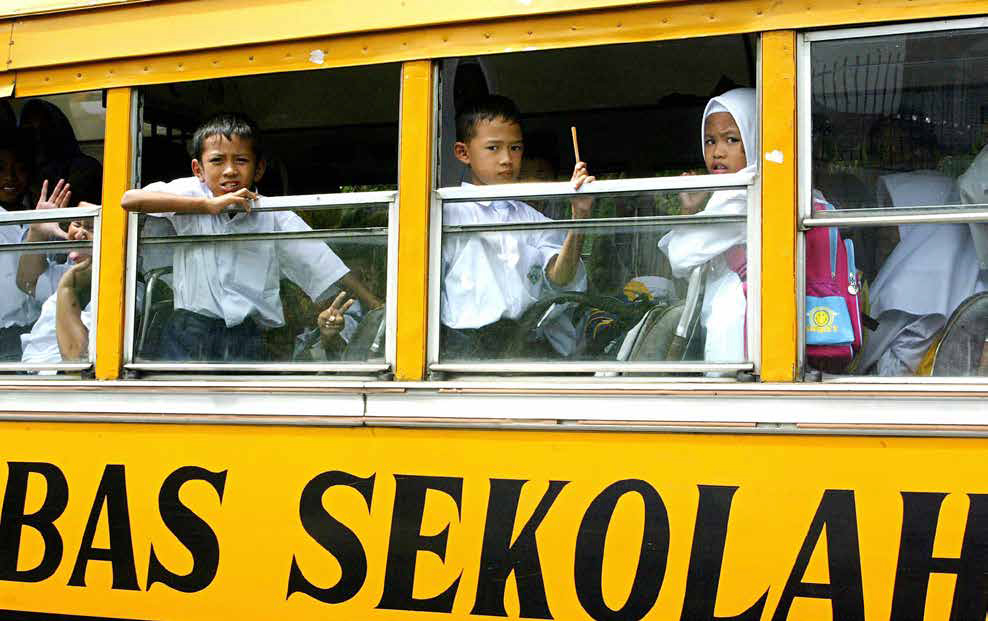
Overcoming these challenges will require more than knowledge and skills. They demand a change in mindsets and the cultivation of the right values.
So, how now?
To reform our education system, we first need to identify the issues, establish where we are currently at and chart a route to our final destination. We have had a lot of studies, a lot of suggestions, even numerous blueprints. However, it often appears that the relevant stakeholders are seldom on the same page. In fact, it often seems like they are not even in the same book!
A couple of my suggestions: For a start, I would urge the government to set up a high-powered committee on education which, given how crucial this sector is to the nation, should be chaired by the prime minister of the day.
The committee should include relevant ministries — for instance, education; human resources; health; international trade and industry; and women, family and community development. It should rope in representatives from other key stakeholders — industry, civil society, community associations, experts and, critically important, youth groups.
In effect, this would be a committee that oversees the knowledge sector from an integrated and cross-domain perspective. It would identify strategic objectives, specify and monitor implementation plans and, most importantly, measure outcomes.
Clearly, the state is the sole institution with the requisite resources to pull all this together. But the government’s role should be focused on creating the right ecosystem, nurturing and managing it effectively rather than on specific and parochial targets.
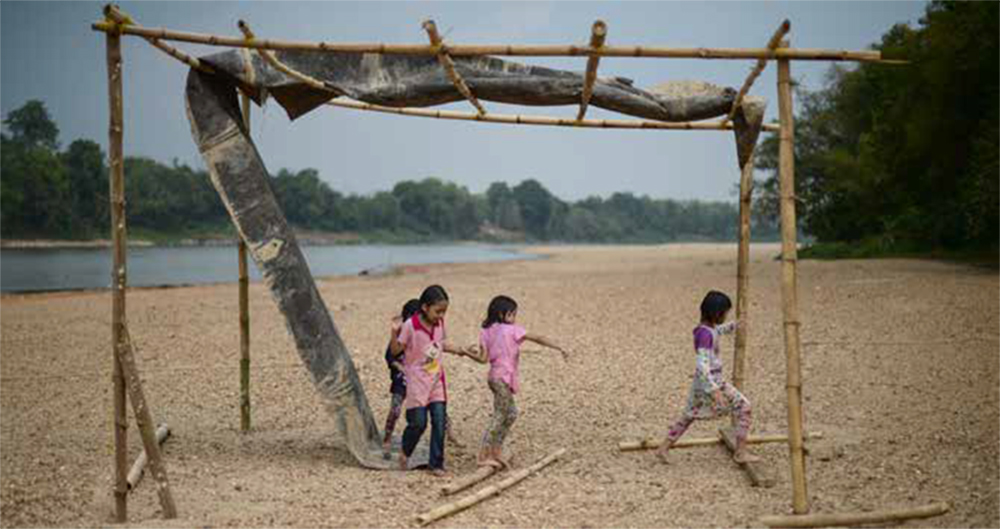
The number of playing fields are disappearing throughout Malaysia
For example, it is not the government’s job to raise the rankings of Malaysian universities. Instead, create the right ecosystem, provide a level playing field and allow competition to work its magic.
Second, our Technical Vocational Education and Training (TVET) programme needs a vital shot in the arm. It should be rebranded as a path to employment on par with avenues provided by academic credentials. At present, the perception is that TVET is focused too heavily on skills training providers and bureaucrats, rather than on the two most critical components of the programme — industry and the students.
TVET must be industry-led, period. And its No 1 key performance indicator must be the employability of its graduates. Overhauling this programme requires more than piecemeal fixes that only tinker with the margins.
There may be those who argue that the government cannot afford to undertake many of the measures I have suggested because of fiscal constraints. I think that is a mistaken assumption. The real question is: Can we afford NOT to?
The purpose of education
Here at Sunway City Kuala Lumpur, we are already experimenting with some of these ideas at our three educational institutions — Sunway University, Sunway College and Sunway International School. And the students seem to like what we are doing.
Here is just one example regarding classroom design, teaching methods and curriculum. We have built the Sunway Innovation Labs and the Makerspace. These are places where they can learn design thinking and the entrepreneurial mindset — skills that are not emphasised in the classroom but essential for their relevance. With these spaces, it is our hope that students can work on projects that engage them in solving real-world problems.
With this, they can develop deep content knowledge as well as critical thinking, creativity and communication skills in the context of doing an authentic, meaningful project. Project-based learning unleashes a contagious, creative energy among students and teachers.
I should add that these gathering places are far different from traditional classroom settings. They allow for free mingling — spaces to take a break and relax and create a vibe that helps promote creativity.
At a time when innovation has been overwhelmingly identified as the most powerful driver of prosperity of a nation, a corporation and a community, we must do everything we can to create the conditions that promote interactions and spark imaginations.
But while education is about preparing our young to provide for the material well-being of themselves and their families in an uncertain future, it also transcends that endeavour. Education is about preparing our future generations to live fulfilled lives, in every sense of the word.
Tan Sri Sir Jeffrey Cheah is founder and chairman of the Sunway Group and chancellor of Sunway University, a QS 5-star overall world-rated private university. He is also founding trustee of the Jeffrey Cheah Foundation, the largest social enterprise for education in Malaysia
The article originally appeared in The Edge











